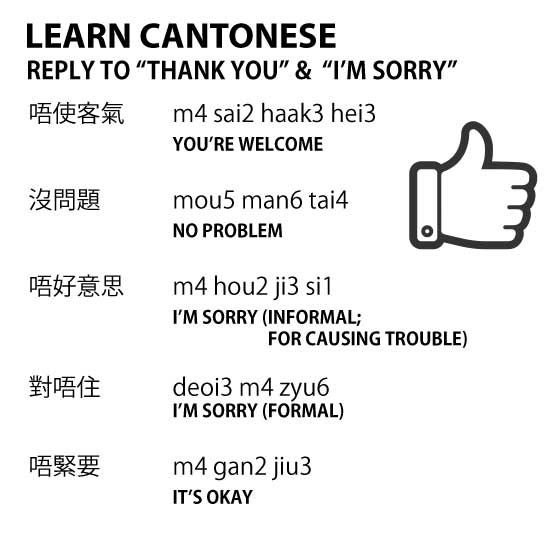

Once a month, my dad attempted to re-create McDonald’s chicken nuggets at home for my two brothers and me before taking us to the Coney Island boardwalk to watch the Cyclone roller coaster rumble by.

Unable to communicate with neighbors, my parents kept to themselves and found other ways to participate in American culture. I grew up during the nineties in Sheepshead Bay, a quiet neighborhood located in the southern tip of Brooklyn, where the residents were mostly Russian-Jewish immigrants. Deviating from it puts us (or, if I’m being honest, just me) at risk of discomfort, which I try to avoid at all costs. “We’ll stop bothering you, then.” The conversation is shallow but familiar. “Remember to drink more water and wear a mask outside,” she continues. “Why not? It’s so late,” my mother cuts in. We speak on the phone once a week and the script is the same: “Have you eaten yet?” my father asks in Cantonese. It’s strange when I hear myself say that I have trouble talking to my parents, because I still don’t quite believe it myself. The truth is, I rely on translation apps and online dictionaries for most of our conversations. “So how do you talk to your parents?” I never have a good answer. When I tell people this, their eyes tend to grow wide with disbelief, as if it’s so absurd that I must be joking. My first language, Cantonese, is the only one I share with my parents, and, as it slips from my memory, I also lose my ability to communicate with them. It doesn’t feel like the sudden, sharp pain of losing someone you love, but rather a dull ache that builds slowly until it becomes a part of you. No one prepared me for the heartbreak of losing my first language.


 0 kommentar(er)
0 kommentar(er)
